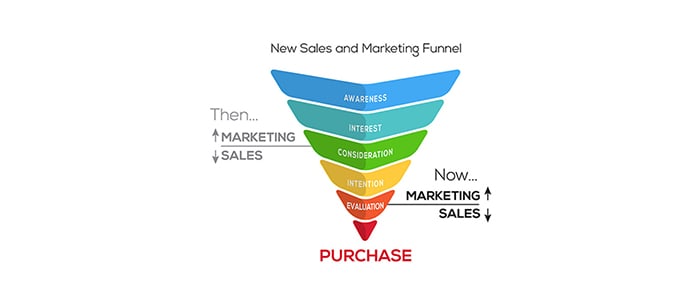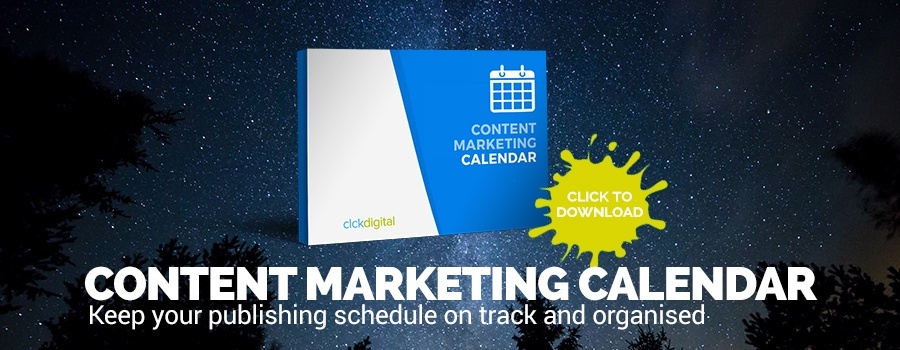Content marketing has been on the lips of almost every business owner lately.
As a freelance copywriter I work with many businesses to help them use content marketing to drive traffic, leads, and sales.
But the internet is full of weird, annoying, and just plain bad content. So how do you ensure content marketing success?
Most businesses are competing in a space that’s already packed with established brands. And those brands have been promoting their brands for some time.
The goal of content marketing is to build brand equity and get your business in front of potential customers.
Online audiences (just like all consumers) are becoming cynical. We all know when a brand is trying to sell us a promotional message.
Content marketing allows you to cut through all this cynicism with some credibility. Read on to learn how…
The Key to Content Marketing Success
In order to achieve content marketing success, businesses need a plan.
It’s important to recognise that content marketing is a long game. But while you’ll need to put in some solid effort, it’s certainly possible to get a smart strategy in place that gets results without breaking the bank.
Here’s how it works:
Know your Target Audience
If you’re aiming to provide your audience with helpful, interesting content (and you should be) you need to understand them.
This is why so many companies create buyer personas. This is a made-up avatar who you see as your ideal and most likely customer. When you’re writing your content, you should be writing directly to this person.
Develop your Content
It’s called content marketing for a reason! The actual content you’re offering is the most important part of the process. If you’re aiming to convert visitors into leads and leads into paying customers, it all starts with your content.
When you’re creating content, it should be tailored to appeal to a variety of prospects at different stages of the sales cycle.
These stages include:
- Awareness stage
- Consideration stage
- Decision stage
Awareness Stage
This is when you’re increasing your brand awareness. The reader may not have heard of you, so your content is aimed at promoting your brand. Content may include:
- Infographics
- Educational Webinars
- White papers
- Blog posts
Consideration Stage
This is when your prospect isn’t yet ready to make a decision. But by now they understand that you’re a leader in your industry. Content may include:
- Technology guides
- Videos
- Product webinars
- Case studies
Decision Stage
This is when your prospect is almost ready to make a decision. Your content should show them why they should choose you over a competitor. Content may include:
- Live demonstrations
- Free trials
- Implementation guides
Remember: The aim for all content is to provide value, not “sell”. Make your readers’ lives easier and build trust in your brand.
Promote Your Content
If you’re serious about content marketing success, it’s not enough to just develop your content. It’s hard to conceive just how much information there is on the internet right now, and it’s growing every day.
That means that “build it and they will come” doesn’t exist online. You need to use social media, email marketing, and maybe even Google AdWords or Facebook Ads to amplify your content and get it in front of the right people.
Want to get your own content marketing organised and running efficiently? Download my agency’s free content marketing calendar and start planning your content like a pro.

